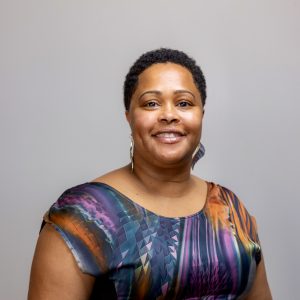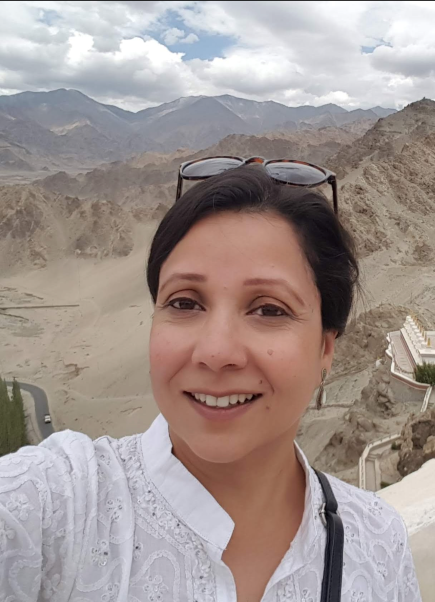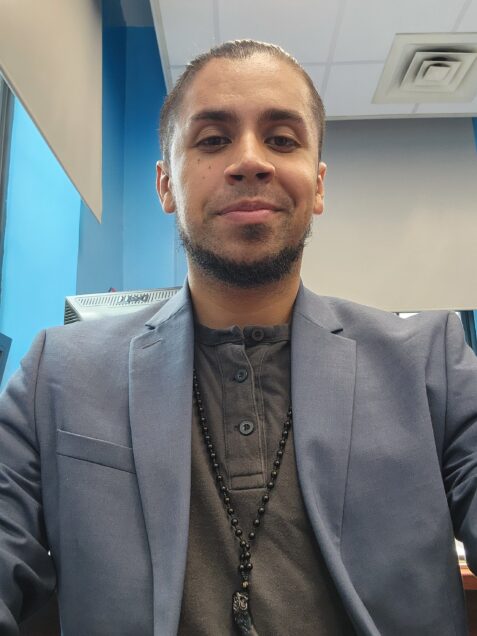BU Scholars
Boston University Wheelock College of Education & Human Development
Alexandra Allen |
Ayana Bass |
Ruchi Mendiratta Khanna |
Manuel Angel Ramirez |
 |
 |
 |
 |
Alexandra Allen |
Ayana Bass |
Ruchi Mendiratta Khanna |
Manuel Angel Ramirez |
 |
 |
 |
 |